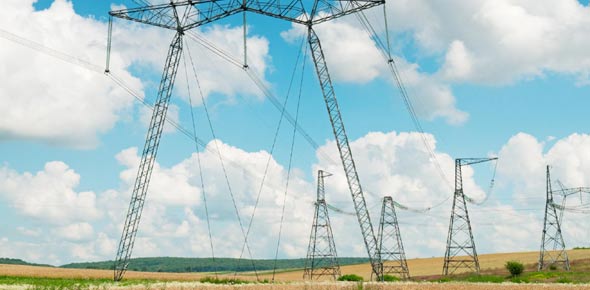Chapter 7 Electricity
30 Questions
| Attempts: 300
2.
What first name or nickname would you like us to use?
Submit
Submit
Submit
Submit
×
Thank you for your feedback!

















